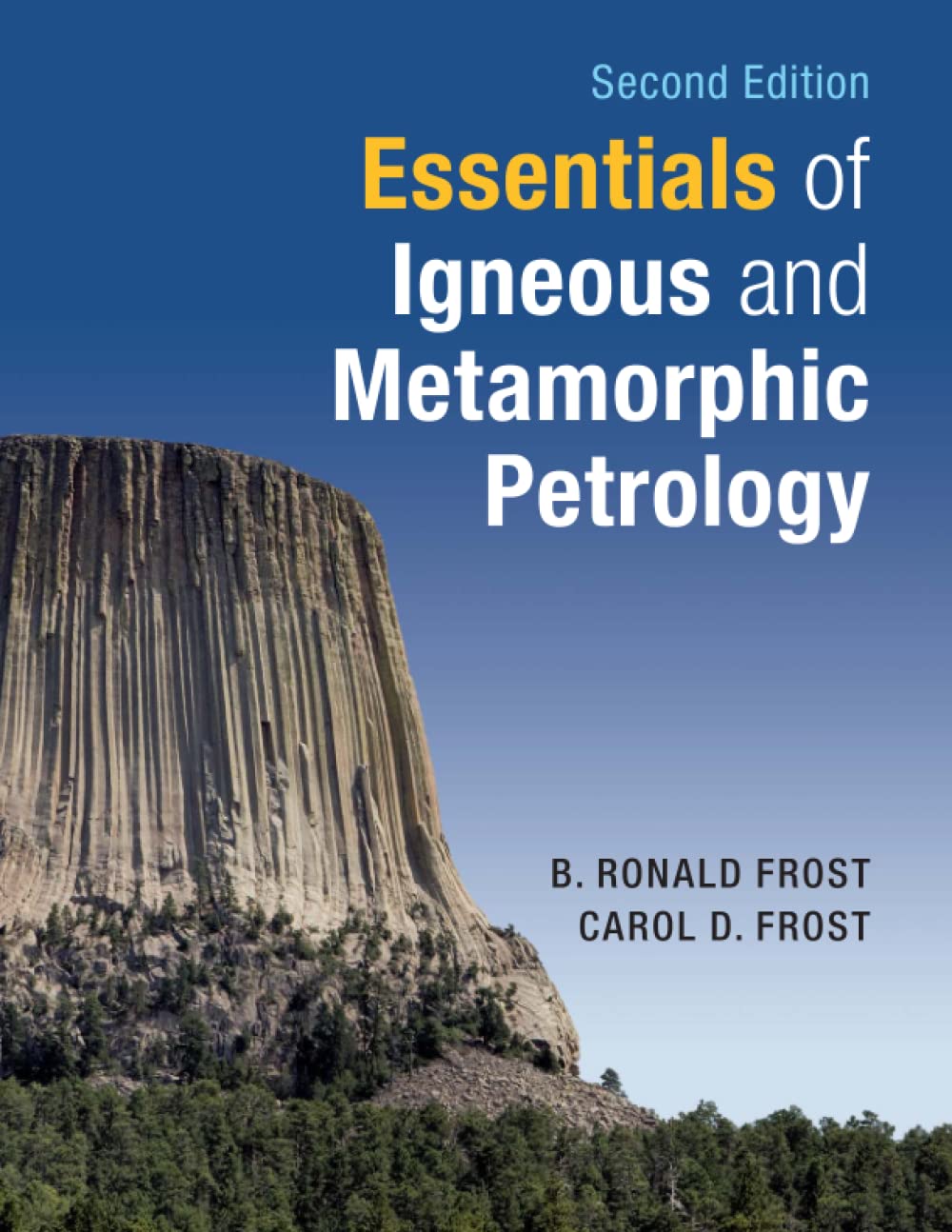Spatial data is crucial to improve decision-making in a wide range of fields including environment, health, ecology, urban planning, economy, and society. Spatial Statistics for Data Science: Theory and Practice with R describes statistical methods, modeling approaches, and visualization techniques to analyze spatial data using R. The book provides a comprehensive overview of the varying types of spatial data, and detailed explanations of the theoretical concepts of spatial statistics, alongside fully reproducible examples which demonstrate how to simulate, describe, and analyze spatial data in various applications. Combining theory and practice, the book includes real-world data science examples such as disease risk mapping, air pollution prediction, species distribution modeling, crime mapping, and real state analyses. The book utilizes publicly available data and offers clear explanations of the R code for importing, manipulating, analyzing, and visualizing data, as well as the interpretation of the results. This ensures contents are easily accessible and fully reproducible for students, researchers, and practitioners. Key Features: Describes R packages for retrieval, manipulation, and visualization of spatial data. Offers a comprehensive overview of spatial statistical methods including spatial autocorrelation, clustering, spatial interpolation, model-based geostatistics, and spatial point processes. Provides detailed explanations on how to fit and interpret Bayesian spatial models using the integrated nested Laplace approximation (INLA) and stochastic partial differential equation (SPDE) approaches.
Spatial Statistics for Data Science: Theory and Practice with R (Chapman & Hall/CRC Data Science Series)
$60.45
This book teaches students advanced spatial statistics and data science skills using the R programming language for real-world applications.
Additional information
| Weight | 0.635 lbs |
|---|---|
| Dimensions | 15.9 × 2.5 × 23.5 in |






Reviews
There are no reviews yet.